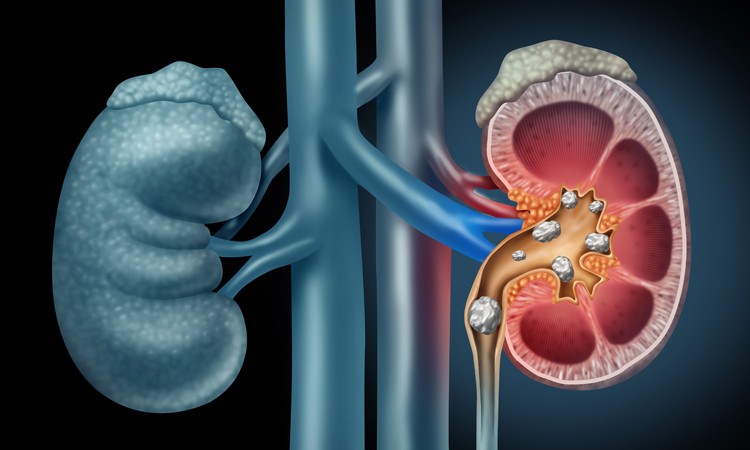Flexible And Rigid Ureteroscopy
242
Number of cases
Percutaneous Nephro-Lithotomy (PCNL)
104
Number of cases
Laparoscopic Management of urolithiasis / Kidney stones
12
Number of cases

What is Kidney Stone Laser Surgery?
At Modern Care Clinic, Stone Laser Surgery is used to give patients relief from the pain of kidney stones.
Stone Laser Surgery is one of the many minimally invasive surgeries which does not require cuts on a patient’s body. It works under general or spinal anesthesia by inserting a small instrument called a ureteroscope into the urethra and bladder to access the ureter and kidney; once the stone is seen, a laser fiber is used to transmit energy to break up your kidney stones.
There are two types of ureteroscopes, flexible and rigid: the rigid ureteroscope has a rigid tip which limits its movement and access to some parts of the kidney; on the other hand, the flexible ureteroscope has a flexible tip that allows the surgeon to reach all the areas inside the kidney and extract stones no matter of their location.
Finally, the surgeon removes some pieces through the urethra with small basket, and smaller pieces can be passed later with urination.
Benefits of Kidney Stone Laser Surgery
As medicine evolves, so do the different tools and choices surgeons and patients have in handling medical cases. Patients suffering from kidney stones can rest at ease in today’s world knowing that they have a wide range of choices that can provide the results they hope for in the most effective and efficient way possible.
The benefits of this type of procedure include:
- Less pain.
- Small scars.
- Reducing hospital stays.
- Faster recovery time.
- Shorter operation time.
- Reducing risk of ureteral trauma.
- Suitable for small and hard stones.
Types of Stone Laser Surgery
– PCNL or Percutaneous nephrolithotomy (PCNL) is a procedure where a small incision is made (up to 1 cm) through which a needle is inserted into the kidney in order to crush kidney stones and remove them. Small-sized stones can be removed immediately while larger ones should be broken up using laser technology and then removed.
Percutaneous nephrolithotomy is recommended in the following situations:
· Large kidney stones are blocking more than one branch of the collecting system of the kidney.
· Kidney stones are larger than 2 centimeter in diameter.
· Large stones are in the ureter.
· Stones which are difficult to reach, too big, too many, or too dense to be treated by other methods.
This procedure is performed under general anesthesia.
– MiniPerc also known as MiniPCNL is a recent practice in the medical world. It follows the same process of the PCNL mentioned above; but performed by using smaller and thinner instruments to access and defragment kidney stones. The benefits of this tool are outstanding since they cause less damage to the kidney, less pain, and less blood loss.